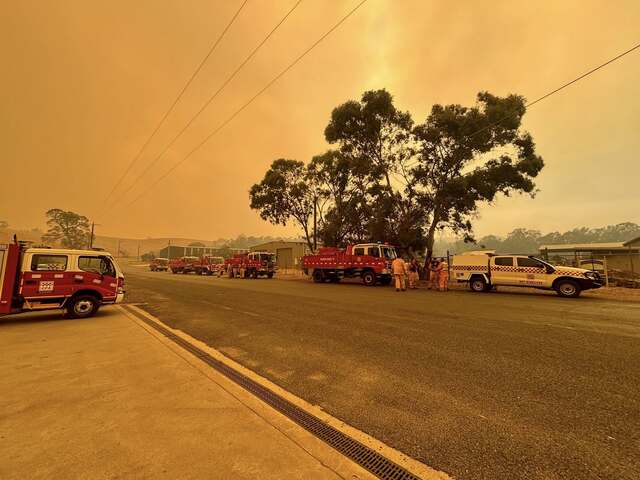
The Gulf Coast faces significant threats due to climate change, and renowned coastal geologist John B. Anderson is making a compelling case for action. Anderson, the W. Maurice Ewing Professor Emeritus of Oceanography at Rice University, has released a new book titled “Gulf Coast Demise? Climate Change, Conservation and Saving the American Sea.” The book reflects his personal connection to the region, having spent his childhood on Alabama’s Fort Morgan Peninsula, where his father worked as a party boat fisherman.
In his latest work, Anderson combines decades of scientific research with a deep emotional investment in the Gulf Coast. He outlines the urgent need for conservation efforts to combat the ongoing degradation of coastal environments. The Gulf Coast is experiencing rapid changes, including rising sea levels, increased storm intensity, and habitat loss, all driven by climate change.
Personal Connections and Professional Insights
Anderson’s early experiences on the Gulf Coast have profoundly shaped his perspective on the region’s ecological challenges. He recalls the vibrant ecosystems that once thrived along the coast, underscoring the drastic transformations that have occurred over the years. “As a child, I saw firsthand the beauty of this environment,” he states. “Now, I fear for its future.” His book serves as both a warning and a call to action, aiming to engage readers in the fight for conservation.
The urgency of Anderson’s message is underscored by alarming statistics. According to the National Oceanic and Atmospheric Administration (NOAA), the Gulf Coast is projected to lose significant land area by 2050 due to rising sea levels. This loss threatens not only wildlife habitats but also the livelihoods of those who rely on the coast for fishing, tourism, and other economic activities.
Addressing the Challenges Ahead
Anderson emphasizes that immediate and collaborative efforts are essential to mitigate these threats. He advocates for policies that prioritize conservation, restoration, and sustainable practices. These measures, he argues, are crucial for both preserving the Gulf’s natural beauty and ensuring the economic stability of communities that depend on its resources.
In addition to policy changes, Anderson calls for increased public awareness about the impacts of climate change on coastal regions. “We need to foster a sense of urgency among the public,” he asserts. “People must understand that their actions have consequences.” His book aims to educate readers about the science behind climate change and its direct effects on the Gulf Coast, encouraging proactive measures at both individual and community levels.
As Anderson continues to advocate for the Gulf Coast, he hopes that his work will inspire a new generation of environmental stewards. The challenges are daunting, but with concerted efforts, he believes there is still hope for the future of this vital region.
In conclusion, the Gulf Coast stands at a crossroads, and the call to action from experts like John B. Anderson cannot be ignored. As climate change intensifies, the need for comprehensive conservation strategies becomes increasingly critical. The time to act is now, not only to protect the Gulf Coast but also to preserve it for future generations.







